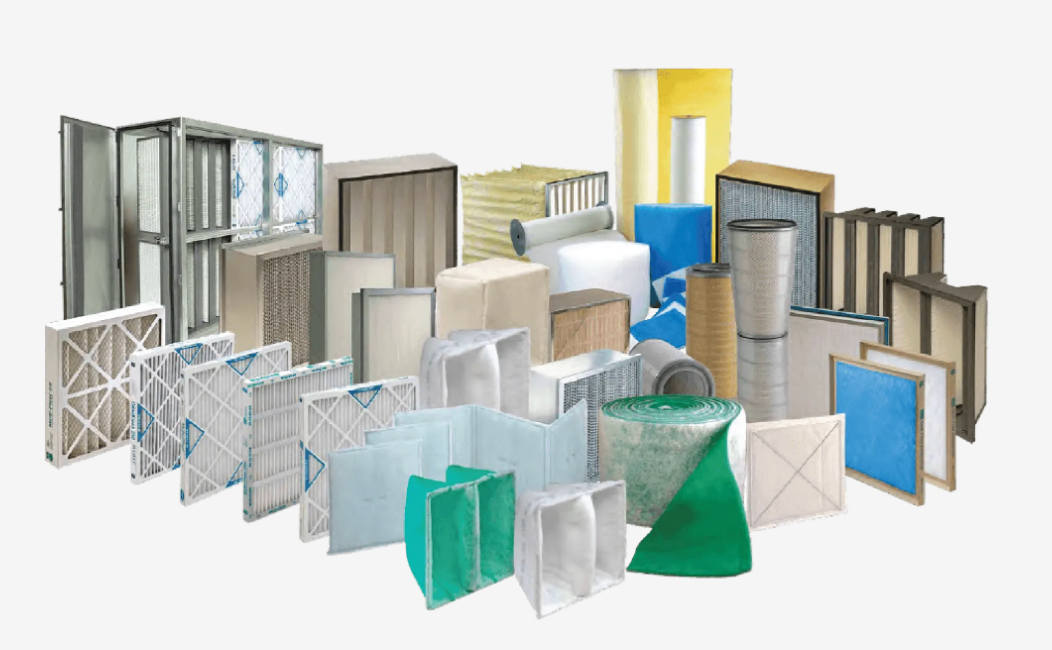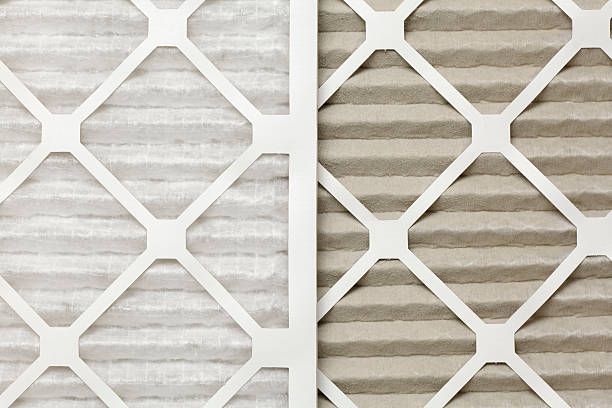
The Biowall Air Treatment System: A Revolutionary Approach to Air Purification
Table of Contents
- Introduction
- What is a Biowall?
- Scalability and Customization: Tailoring to Your Needs
- Airflow Capacity: Power Meets Efficiency
- Benefits & Applications: Versatile and Effective
- Conclusion: Explore the Future of Air Treatment
- Call to Action
Introduction
In today's world, air quality is more critical than ever. With increasing pollutants and allergens, finding effective air treatment solutions is essential for both health and productivity. Enter the Biowall Air Treatment System—a groundbreaking technology designed to purify air in any setting, from small offices to massive industrial spaces. But what makes the Biowall stand out? Read on to discover its innovative features and see why it might be the perfect solution for your air purification needs.
What is a Biowall?
"So this is what we classify as a biowall. The biowall is an air treatment system."
At its core, the Biowall is all about versatility and effectiveness. Leveraging advanced technology, the Biowall removes contaminants from the air, ensuring a cleaner and healthier environment. Its unique system can be integrated into existing ductwork or used as standalone units, offering unparalleled flexibility.
Scalability and Customization: Tailoring to Your Needs
"This is actually a miniature biowall, so we can carry it around with us."
One of the standout features of the Biowall is its modular design. From portable models that you can carry from room to room, to large-scale installations that can handle the air purification needs of a factory, the Biowall scales to fit your specific requirements.
"One of those units is adequate to purify up to 40,000 or 50,000 CFM on a single pass."
This modularity ensures that whether your ductwork is 5 feet or 20 feet across, the system can be customized to fit and provide efficient air treatment.
Airflow Capacity: Power Meets Efficiency
"I've done actual 200,000 CFM air handlers, like you can drive two city buses in the duct system with an array of those."
When it comes to airflow capacity, the Biowall truly shines. Each unit can handle up to 50,000 CFM on a single pass, making it incredibly efficient for high-volume applications. For even larger spaces, multiple units can be combined to handle airflow up to 200,000 CFM, showcasing its capability to manage even the most demanding environments.
Benefits & Applications: Versatile and Effective
One of the most compelling advantages of the Biowall system is its adaptability. Whether you are a business owner looking to improve air quality in a commercial setting, or a facilities manager tasked with the air treatment for an industrial complex, the Biowall provides a solution tailored to meet your needs.
- Improved Air Quality: Effective removal of pollutants and allergens.
- Energy Efficiency: Designed to integrate seamlessly with existing systems, reducing energy consumption.
- Scalability: From small offices to industrial complexes, the Biowall can be scaled to meet the specific airflow demands of any environment.
Conclusion: Explore the Future of Air Treatment
In summary, the Biowall Air Treatment System offers an innovative, scalable, and highly effective solution for improving air quality. With its modular design and impressive airflow capacity, it meets the needs of various industries, ensuring that the air you breathe is as clean and healthy as possible.
Ready to improve your air quality? Reach out to us to learn more about the Biowall system or to request a consultation tailored to your needs. Explore the full potential of this revolutionary technology today!
Call to Action
Interested in transforming your air quality? Contact us today to find out how the Biowall can work for you. Don't wait—breathe cleaner, healthier air now!
Similar Posts

Elevating industry standards with tailored air and fluid filtration solutions since 1992, B&B Filters delivers excellence across the US.








